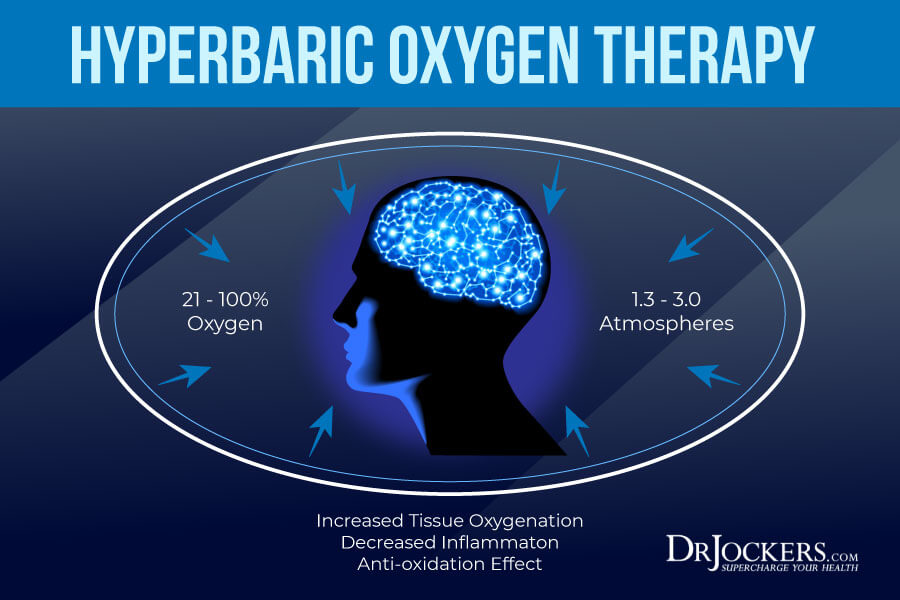Benefits of Oxygen
Welcome to our comprehensive guide on the benefits of oxygen. In this article, we will explore the various advantages that oxygen provides to our bodies and the environment. Oxygen is an essential element for life, and understanding its benefits can help us optimize our health and well-being.
The Importance of Oxygen
Oxygen is a vital component for the survival of all living organisms. It plays a crucial role in many biological processes and is necessary for the production of energy. Without oxygen, life as we know it would not exist. Let’s delve deeper into the benefits oxygen offers:
Enhanced Cellular Function
Oxygen is essential for cellular respiration, the process by which cells convert nutrients into energy. It enables the efficient breakdown of glucose, releasing energy that fuels the body’s activities. Sufficient oxygen supply ensures optimal cellular function, promoting overall well-being.
Improved Brain Function
The brain requires a significant amount of oxygen to function properly. Adequate oxygen levels support cognitive processes, including memory, attention, and critical thinking. By ensuring a steady supply of oxygen to the brain, we can enhance mental clarity and focus.
Boosted Immune System
Oxygen plays a vital role in strengthening the immune system. It aids in the production of white blood cells, which are responsible for fighting off infections and diseases. Sufficient oxygen levels help bolster the body’s defense mechanisms, reducing the risk of illness.
Increased Energy Levels
Oxygen is a key component in the production of adenosine triphosphate (ATP), the molecule that stores and transports energy within cells. By ensuring optimal oxygen intake, we can boost our energy levels, allowing us to engage in physical activities with vigor and vitality.
Accelerated Healing and Recovery
Oxygen plays a crucial role in the healing process. It promotes the growth of new blood vessels and helps deliver essential nutrients to injured tissues. Additionally, oxygen aids in removing waste products from cells, expediting the recovery process.
The Environmental Benefits of Oxygen
Oxygen not only benefits our bodies but also plays a vital role in maintaining the health of our environment. Here are some of its environmental advantages:
Oxygenation of Aquatic Ecosystems
Oxygen is vital for the survival of aquatic organisms. It dissolves in water, allowing fish and other aquatic creatures to respire. Adequate oxygen levels in water bodies support a diverse range of species and help maintain a balanced ecosystem.
Air Purification
Oxygen contributes to air purification by neutralizing harmful pollutants and toxins. Through a process called oxidation, oxygen helps break down pollutants, making the air cleaner and safer to breathe. It plays a crucial role in reducing air pollution and improving air quality.
Plant Respiration and Photosynthesis
Plants rely on oxygen for respiration, just like animals. During photosynthesis, plants release oxygen as a byproduct, replenishing the atmosphere with this essential gas. Oxygen produced by plants is vital for maintaining a healthy balance of gases in the atmosphere.

Oxygen is a fundamental element that offers numerous benefits to both our bodies and the environment. From enhancing cellular function and brain activity to boosting the immune system and accelerating healing, oxygen plays a crucial role in our overall well-being. Additionally, it contributes to the oxygenation of aquatic ecosystems, and air purification, and facilitates plant respiration and photosynthesis. Understanding the benefits of oxygen allows us to appreciate its significance and make conscious efforts to ensure we have an adequate supply for a healthy and sustainable future.
Frequently Asked Questions about Benefits of Oxygen
1. What are the e benefits of oxygen therapy?
Oxygen therapy can improve oxygen levels in the body, enhance physical endurance, promote brain function, and aid in healing processes.
2. How does oxygen benefit the brain?
Oxygen is essential for brain function as it supports cognitive abilities, memory, and concentration. Sufficient oxygen levels promote mental clarity and alertness.
3. Can oxygen therapy improve athletic performance?
Yes, oxygen therapy can enhance athletic performance by increasing oxygen delivery to muscles, reducing fatigue, and improving stamina.
4. Are there any benefits of oxygen for skin health?
Proper oxygen levels can help rejuvenate the skin, promote collagen production, and improve overall skin health. It can also aid in healing wounds and reducing acne.
5. Does oxygen therapy have any benefits for respiratory conditions?
Yes, oxygen therapy is commonly used to manage respiratory conditions such as chronic obstructive pulmonary disease (COPD), asthma, and pneumonia. It can improve breathing and alleviate symptoms.
6. Can oxygen therapy benefit people with sleep apnea?
Oxygen therapy is often used as a treatment for sleep apnea. It helps maintain adequate oxygen levels during sleep, reducing the frequency of apnea episodes and improving sleep quality.
7. Are there any benefits of oxygen for the immune system?
Oxygen plays a crucial role in supporting the immune system. Sufficient oxygen levels can enhance immune function, boost energy levels, and improve overall health.
8. How does oxygen benefit the cardiovascular system?
Oxygen is vital for the cardiovascular system as it ensures proper oxygenation of blood, improves circulation and reduces the workload on the heart. It can also lower blood pressure.
9. Can oxygen therapy help with altitude sickness?
Yes, oxygen therapy is an effective treatment for altitude sickness. It helps alleviate symptoms like headache, dizziness, and shortness of breath by increasing oxygen levels in the body.
10. Are there any benefits of oxygen for mental well-being?
Adequate oxygen levels can have positive effects on mental well-being by reducing stress, improving mood, and enhancing overall cognitive function.




